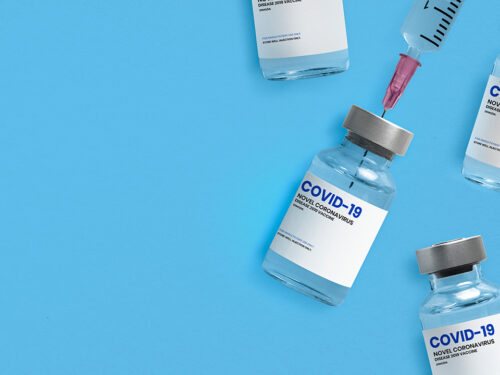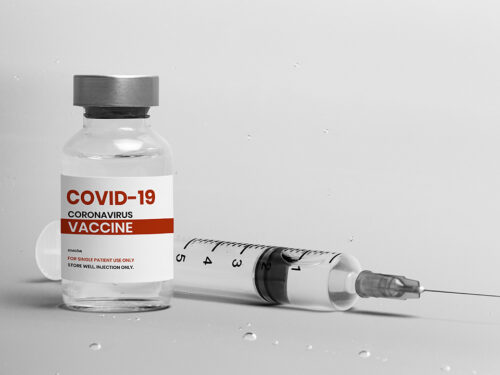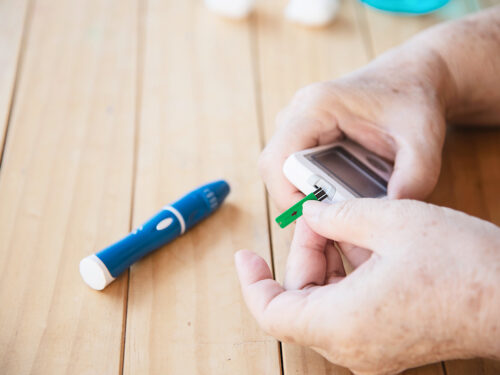
Can Diabetics Take COVID Vaccine?
July 5, 2021
Diabetes and COVID Vaccine Safety
July 5, 2021Diabetes is a chronic or long-term disease in which the body fails to regulate the amount of glucose (or sugar) in the blood. Diabetes involves many complications. If you have developed this condition or if you know someone who has developed it, you may have numerous questions about it. There are several myths with regards to diabetes as well its successful management. Mentioned below are the most common diabetes myths and facts.
Myth 1: Consuming too much sweet foods or sugar causes diabetes
Fact: This is one of the most common myths about diabetes. However, it is not necessarily true. Diabetes is a chronic condition and disease that is specifically marked by elevated blood glucose levels, which are the result of the body’s inability to successfully produce insulin or respond to it in an efficient manner. Insulin is responsible for regulating blood sugar levels in your body when these levels are too high. Thus, the fact is that consuming too much sweet foods or sugar does not cause diabetes. That said, a diet that is rich in sugar or fat can increase your chances of developing obesity, which is a major risk factor for type 2 diabetes.
Myth 2: Diabetes has a cure
Fact: Diabetes is essentially a chronic disease with no known cure. However, the condition can be successfully managed to prevent the onset of diabetes complications.
Myth 3: Patients on insulin have a more serious form of diabetes than those on medications
Fact: Individuals with type 1 diabetes fail to produce insulin in their bodies because of an immune disorder that affects the pancreas. Hence, oral medications that try to stimulate insulin production by the pancreas are not effective and suitable. These individuals need insulin injections to control their blood sugar levels. For those with type 2 diabetes, initial stages of treatment may generally involve only oral medications or shots of insulin. Some individuals need a combination of both treatments to bring their blood glucose levels under control.
Myth 4: Diabetics will eventually have to undergo amputation
Fact: When poorly managed or controlled, diabetes can lead to damage to the blood vessels in the long run. This, in turn, causes complications such as nerve damage, foot ulcers and amputation, kidney failure, blindness, heart disease, or stroke. That said, these complications are completely avoidable when the disease is managed optimally and properly. For this sole reason, it is vital for diabetics to undergo regular screenings of their eyes, kidneys, and feet to successfully monitor and prevent the aforementioned complications.

Myth 5: Individuals with diabetes should not consume carbohydrates
Fact: Carbohydrates will cause a spike in blood glucose levels because they are eventually broken down into glucose to provide your body with energy. That said, carbohydrates are present in a wide range of foods, including fruits and vegetables. These foods could be vital sources of several other essential nutrients. Therefore, it may not be feasible or practical to completely avoid carbohydrates in your diet. In such cases, those with diabetes should consult a dietician, who can effectively advise on an appropriate diet.
Myth 6: Diabetics can consume snacks and sweet foods with no added sugar
Fact: Snacks and sweet foods that contain no added sugar or those that are prepared exclusively for diabetics are suitable alternatives to regular snacks because they contain minimal amounts of sugar. These food items, however, may contain artificial sweeteners instead of regular sugar. In addition, these snacks and sweet foods are low in nutritional value and often high in fat. Therefore, it would be a good idea to take a closer look at the food labels of these products before consuming them. The key also lies in moderation.
Myth 7: I can discontinue diabetes medications after my blood glucose is under control
Fact: Some individuals with type 2 diabetes have the ability to control their blood sugar levels without medications, by exercising regularly, consuming a healthy diet, and losing weight. However, keep in mind that type 2 diabetes is a progressive disease. Hence, over the course of time, even if you are practising all good and healthy habits to stay fit, you may eventually require medications to keep your blood glucose within the target range.
Reference Links:
- https://www.healthhub.sg/a-z/diseases-and-conditions/592/facts–myths-of-diabetes
- https://www.mountsinai.org/health-library/special-topic/diabetes-myths-and-facts




